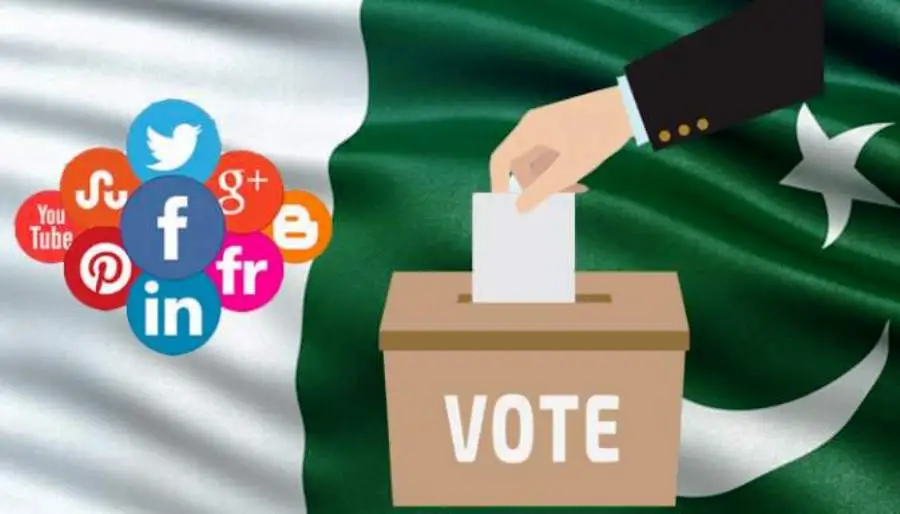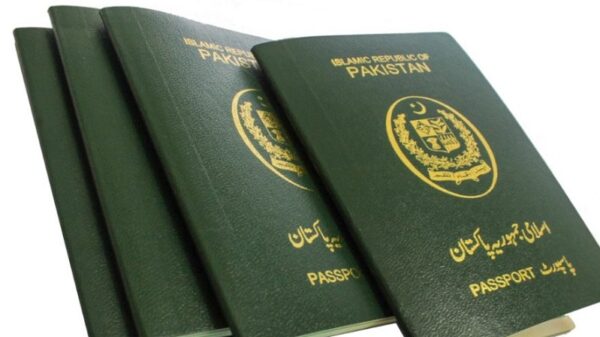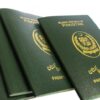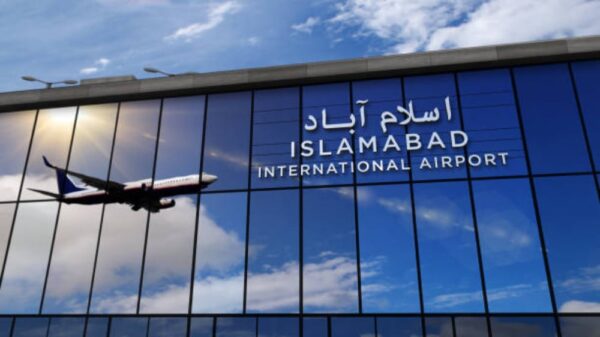Pakistani Politics
The evolution of communication, from traditional letters and telegrams to telephonic conversations, has now reached the epoch of social media. This transformation has revolutionized the way information is shared and opinions are expressed.
Social media has become the nexus where individuals engage in political discourse, voice their opinions, and mobilize for various causes. Its ascendancy in Pakistan has significantly impacted the political landscape, ushering in both challenges and opportunities.

The politicization of social media in Pakistan has reshaped various facets of politics and society. Political parties, leaders, and activists now utilize social media as an interactive platform to connect with their followers, disseminate information, and mobilize support. This has translated into increased political participation, particularly among the youth, evident in rising voter turnouts.
Social media has empowered citizens to hold politicians accountable, allowing them to voice concerns and participate in critical state issues. However, amidst these advantages, challenges have emerged, notably the prevalence of fake news, misinformation, and propaganda that pose a serious threat to democratic pillars and public trust.
I think there should be regulations on social media to the degree that it negatively affects the public good.”– Elon Musk
In the contemporary landscape, warfare has transcended traditional boundaries, embracing the realms of technology and information. The weaponization of information on social media is a significant concern, enabling political entities in Pakistan to engage in character assassinations, manipulate public opinion, and orchestrate disinformation campaigns. This not only creates societal divisions but also poses a threat to the democratic process and public institutions.
Misinformation spread through social media can have tangible consequences, especially during elections. Politicians and activists leverage social media to manipulate public opinion, influence electoral outcomes, and compromise the integrity of democratic processes. The risk of foreign interference and the use of bots and troll armies exacerbate these threats.
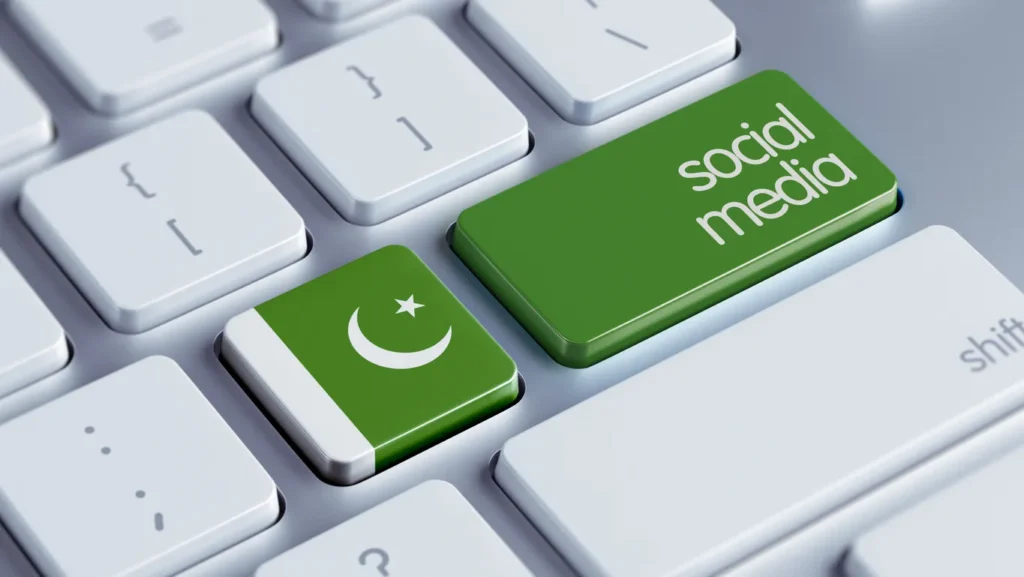
While the politicization of social media presents both positive and negative aspects, the anonymity feature often leads to harassment, toxic online behavior, and threats. Political discussions, especially in case of Pakistani politics, frequently devolve into personal attacks, deepening societal divides. To harness the positive potential of social media, there is a pressing need for responsible online behavior, digital literacy promotion, and robust regulation.
Addressing these challenges necessitates a multifaceted approach. Improving digital literacy programs can empower citizens to critically evaluate information, while regulating mechanisms on social media platforms can counter misinformation and enforce guidelines.
Strengthening legal frameworks and enforcing cybercrime teams to hold individuals accountable for online actions are crucial steps in combating toxic and extremist behavior on these platforms.
In navigating the complexities of social media’s role in Pakistani politics, embracing opportunities and mitigating challenges requires a comprehensive strategy. By fostering responsible behavior, promoting digital literacy, and implementing robust regulation, Pakistan can harness the potential of social media for positive political participation while safeguarding against its detrimental aspects.


